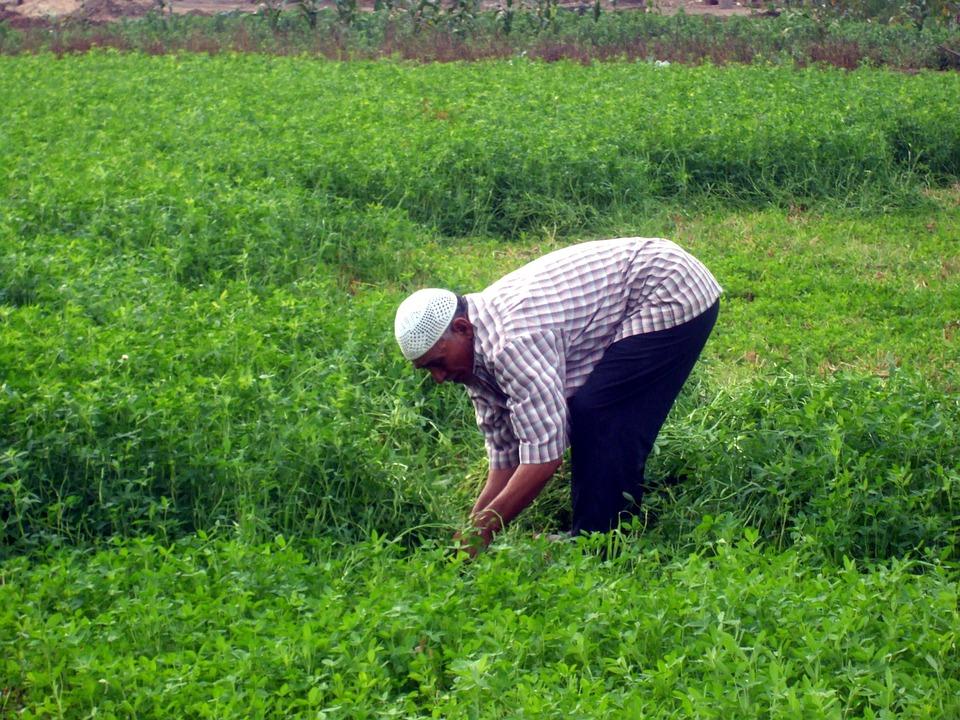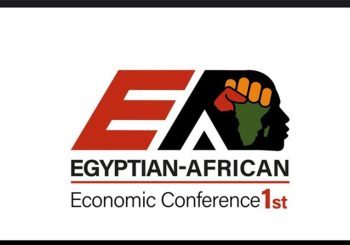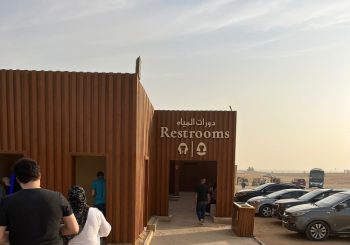The Embassy of Switzerland and the United Nations Industrial Development Organization (UNIDO) launched the Hayat II project on 21 May in the Upper Egypt city of Sohag. The project aims to boost the economic livelihood of 1,000 people by providing them with training and income generating opportunities in the agricultural field.
The prevalence of poverty is at a critical high in Sohag, standing at 58.6 percent, according to the Egypt Network for Integrated Development. The project will address the root causes of unemployment in Sohag, including the quality of education and access to financing. By focusing on Sohag’s promising agricultural sector, Hayat II will provide young men, women and children with innovative support schemes that can help boost their entrepreneurship skills and generate income.
Hayat II will establish a fund to support an entrepreneurial culture in Sohag to benefit 1,000 people directly – 60 percent of whom are youth and 30 percent women. The project will also indirectly benefit many other people involved in implementing the project, such as village development units, local training providers, youth and women’s associations and volunteers.
“Switzerland has a track record of successful sustainable development projects executed in Upper Egypt in past years. Together with UNIDO, which has implemented a similar Swiss-supported project in Minya, we are looking forward to working with the Sohag governorate to boost job and income opportunities for 1,000 vulnerable Egyptians in the agricultural sector, a priority area of the Egyptian government,” said Markus Leitner, the Ambassador of Switzerland to Egypt, in a press release.
The “Human Security through Inclusive Socioeconomic Development in Upper Egypt” project – known as Hayat II – will be financed by the Embassy of Switzerland’s Office for International Cooperation at a value of $US 1.2 million over the next three years. It will be implemented by UNIDO in collaboration with Egypt’s Ministry of Local Development and the Governorate of Sohag.
Hayat II follows the Hayat I project, which benefitted over 64,000 people in Minya between 2012 and 2014 and was funded by the United Nations Trust Fund for Human Security, the Swiss Embassy and the Government of Japan.







Comments (0)